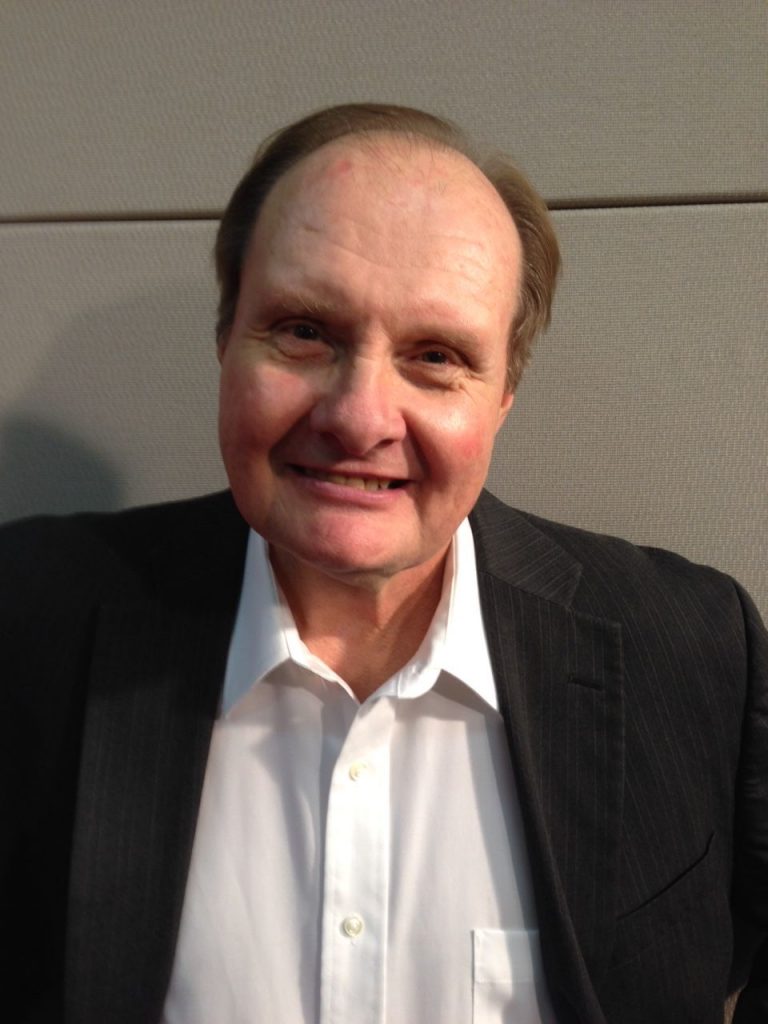A sense of community is important in life. We all want to belong to somebody or something.
Mankind clusters in communities, geographical or otherwise.
It is a fundamental human need. Like dandelions, there’s no escaping it.
Even cloistered nuns and Trappist monks are in it together.
Indeed, a sense of community is the essential core of Berks Community Television. Which is why Community is our middle name.
Except for the rare contented shepherd, few people reign on in splendid detachment.
We don’t live in a hall of mirrors seeing only our own reflection (despite the ballooning of the selfie epidemic).
Since people naturally flock to one group or another, talking about the importance of community is bit like teaching Niagara how to fall.
Communities hardly are cookie cutter. Whatever the chemical content of a particular community, the formula works for their members.
What’s really important is how many in-the-flesh friends who are authentic and genuine we have, not how many Facebook friends and Instagram and Twitter followers we have.
That being said, a sense of community these days is not restricted to a particular neighborhood or geographic locale.
It can be a community of soccer moms or bikers or golfing buddies or quilters or MMA fighters or Putin’s inner circle.
Some communities strictly discuss Icelandic literature. Others are hung up on Emily Bronte. Still others get together to discuss tips on how best to grout your tub.
And while social media friends and followers are not the end all and be all, there is no denying the sense of community people derive from being a part of an online group.
Americans used to stand tall. Now many of us are hunched over looking at our phones. If Ichabod Crane were alive today, he would be a fashion model. If Carl Sandburg were writing today, Chicago would be the city of stooped shoulders.
Belonging to a community gives us support. People, who otherwise would be aloof to one another, are swept away in the larger torrent of bonding.
Human beings are social creatures and relationships are good for our serenity. Otherwise life can be more boring than watching the synthetic enamel fade on your mother-in-law’s dentures.
It’s a tough world out there and being part of the herd fosters a sense that we are not alone in this world. If we are alone, there is a reason they refer to it as monastic gloom.
No man is an island. Which is why people don’t want to die alone, although in the end we all do die alone. Your death bed may be surrounded by loved ones, but none of them will climb into your death bed to share your journey.
Sigmund Freud, B.F Skinner and William James were never drinking buddies of mine, but I did pick up a smattering of psychology in a Psych 101 college class.
A sense of community essentially has four core components.
Membership is the feeling of belonging and identity; sharing a sense of personal relatedness. If a person doesn’t belong to a community, there is an awesome blankness about him. He is nobody.
Influence, or a sense of mattering, makes members feel like they have influence over the community and the community has influence over them. Which is why poets and diesel mechanics seldom bond. They have no influence over each other, either in plain English or iambic pentameter.
Integration translates into a fulfillment of needs. A community, like any other product, needs to do something for its members in order to make it worth their while. A community that doesn’t work for us quickly becomes a squirrel cage.
Shared emotional connection is why communities have a story. Members have a history of experiences together and the belief there will be more experiences together in the future. Circus performers come to mind, although their future shared experiences are limited now that they’ve kicked out the elephants.
A strong sense of community becomes more vital as we age so we aren’t as rueful and melancholy coming to terms with our mortality.




